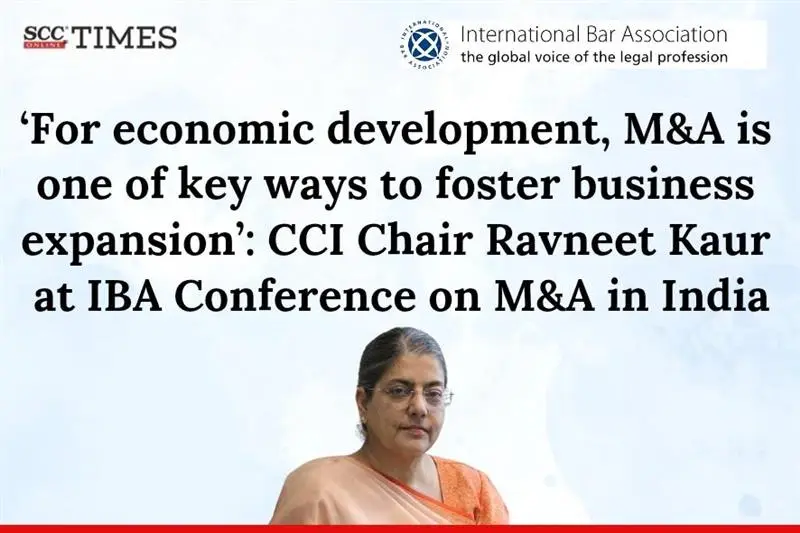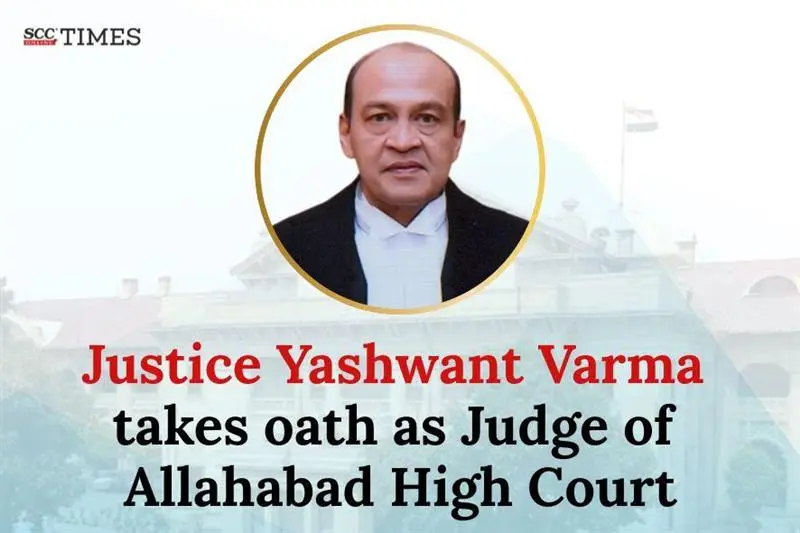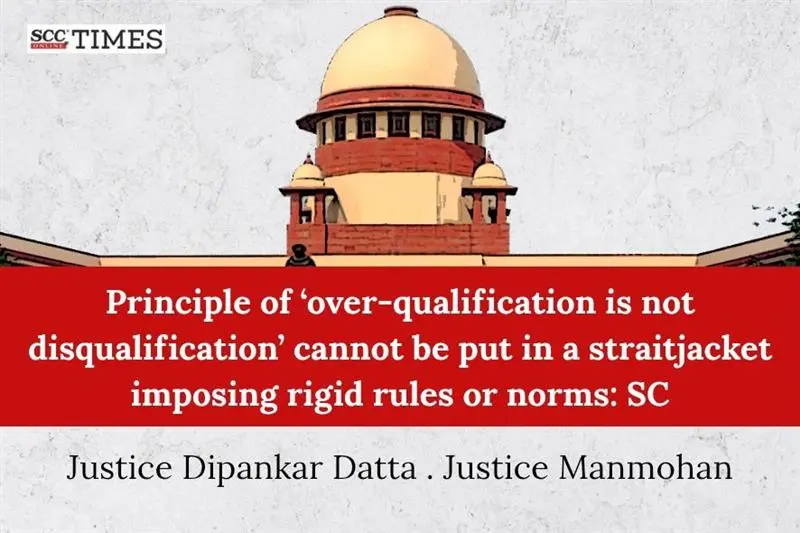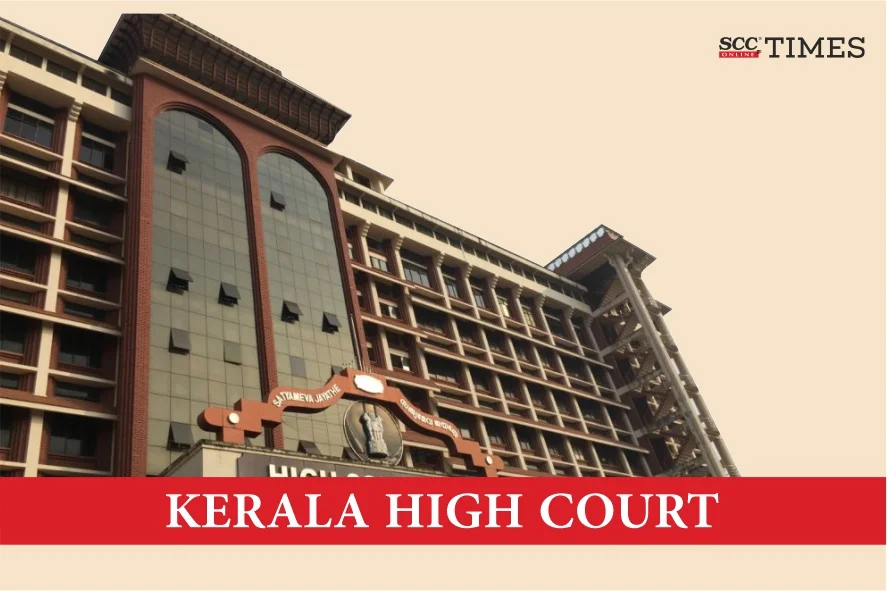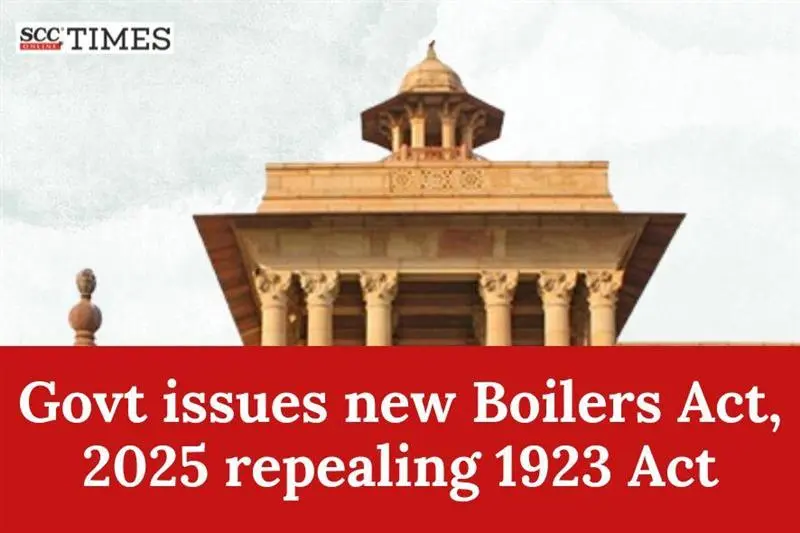Kerala High Court: C.S. Dias, J. disposed of a writ petition filed under Article 226 of the Constitution of India.
The petitioner is the wife of one Senthil Kumar, accused under the Securitization and Reconstruction of Financial Assets and Enforcement of Security Interest Act, 2002. The husband of the petitioner took a loan of Rs 30,000,00 from the State Bank of India (Respondent 1). The husband also created an equitable mortgage in respect of his property in favour of the respondent 1.
The petitioner contends that due to the financial crisis experienced by the husband, they were unable to pay off the monthly installments. But due to the delay in repayments, the Bank has declared the petitioner’s loan account as Non-Performing Asset and has already sent a possession notice under Section 13(4) of the SARFAESI Act. The present petition is against the measures initiated under SARFAESI for recovery of the loan amount by the Bank. This Act enables the secured creditors to take possession of the securities of the defaulters, without any intervention of the Court and also alternatively to authorize any Securitization or Reconstruction Company to acquire financial assets of any Bank or Financial Institutions.
The petitioner also made representations to the Bank seeking time to settle the outstanding amounts in installments. In spite of the representations made, the Bank threatened to take possession of the mortgaged property on or before 31-12-2019.
The Court referred to the judgments in Union Bank of India v. Stayawati Tandon, (2010) 8 SCC 110 and State Bank of Travancore v. Mathew, ILR 2018(1) Ker 479. The judgment in the above-mentioned case was that, where any alternate remedy is available, the petition under Article 226 should not be entertained by the High Court. Section 17 of the SARFAESI Act provides for the right to appeal. It enumerates that any person who is aggrieved by the measures referred in Section 13(4) of the Act shall make an application to the Debt Recovery Tribunal within 45 days from the date on which measures have been taken. Though the rule of exhaustion of alternate remedy is a rule of discretion and not one of compulsion.
The counsel for the petitioner, Alexander George, contended that the petitioner is ready to pay the amount claimed by the respondent, in the possession notice, but he is just pleading to pay the amount in easy installments. He also pleads to regularize his loan account once he has repaid the said amount.
The counsel for the respondents, Jawahar George, affirmed that the Bank is ready to accept the defaulted amount towards the loan account in 4 monthly installments. The total amount due to that day was Rs 4,000,00.
After hearing both sides, the Court held that it will entertain this petition and the petitioner will be granted some time to pay off the loan amount and the defaulted amount. The Court directed the following-
- the petitioner is liable to pay Rs 4,000,00, due amount, with applicable charges and interest in six monthly installments commencing from 15-01-2020
- along with the defaulted amount, the petitioner will also pay the regular and equal monthly installments, as per the loan agreement
- when the above-mentioned payments are made in full by the petitioner, his loan amount will be regularized.
- in case of default, the benefit granted to him by this Court will stand to vacate and then the Bank will work according to the provisions of the SARFAESI Act and recover and auction the mortgaged property of the petitioner.
- the Court also made it clear that the judgment in this petition is peremptory in nature hence the petitioner should comply with the order. In case of non- compliance, the petitioner’s right to challenge the proceedings under the SARFAESI Act will stand foreclosed before any other alternative forum or Court.[Anu Senthil v. State Bank of India, 2019 SCC OnLine Ker 6018, decided on 31-12-2019]



